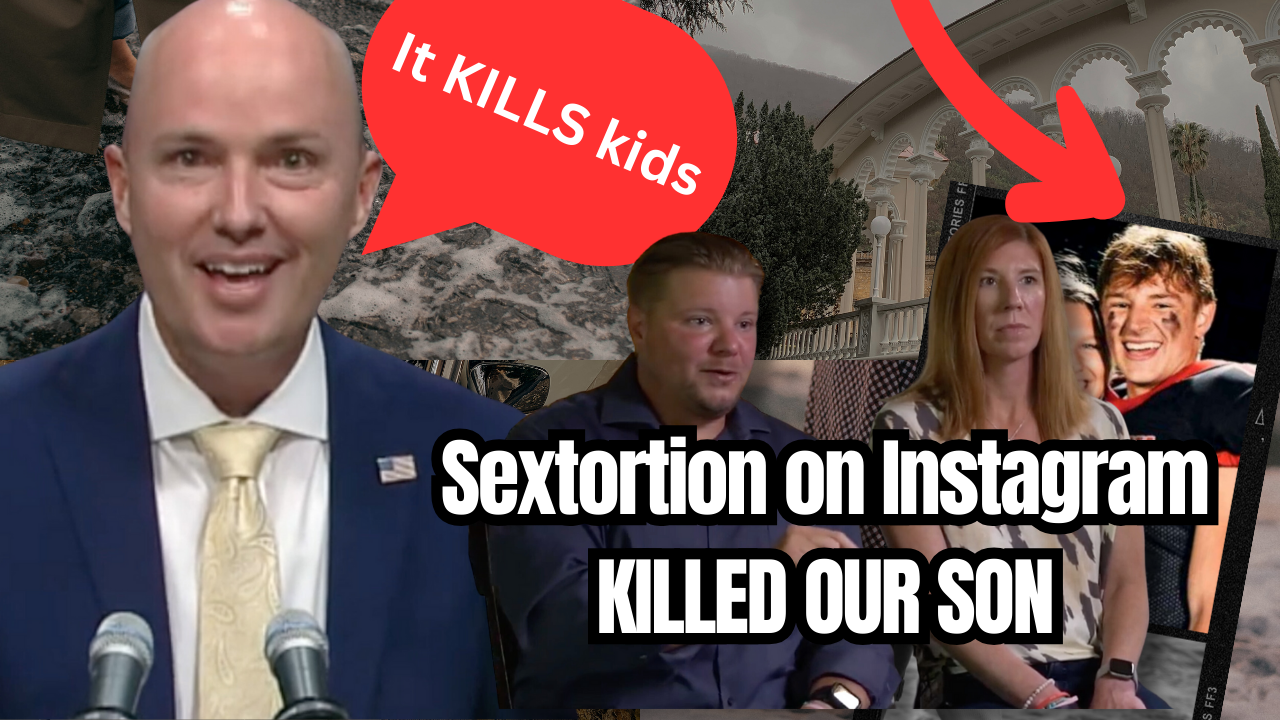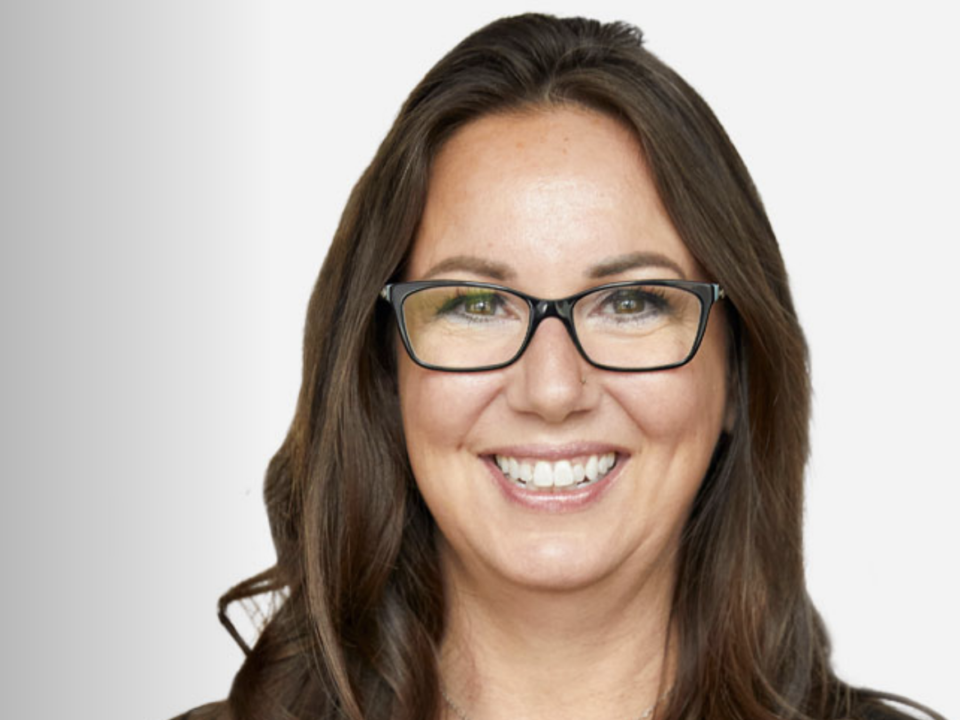
Dating Square by 65square
October 29, 2023
Sextortion and Jordan DeMay’s Story
December 3, 2023What is a death hoax? Who is Lil Tay?
A fourteen years old self proclaimed influencer, Lil Tay, was reported dead along with her brother. It was fake news. The teen rapper had 300,000 followers pre-hoax. This number after announcing her account was hacked and that Meta, Instagram’s parent company, helped her regain control of her account, more than doubled.
Recently, my dad experienced a similar hoax. He got a message on Facebook that a friend he played hockey with for many years had passed away. Then a couple of days later he got a call from a ghost. The apparition on the phone was my dad’s hockey buddy saying he was very much alive. The Facebook post was false and the account had been hacked.
A death hoax is a deliberate announcement of someone’s death that later turns out to be untrue. A mean , awful, unsettling thing to say and do. But the first inkling my dad had was there was an announcement and then nothing else. No news of when and where the funeral was happening and no other messages of condolences. It was odd but I brushed it off thinking if he just passed the family would need time to work out all the details of the funeral. I was wrong, and dad’s critical thinking and gut feelings were right. The eventual phone call from the very much alive hockey buddy eliminated that unsettling feeling. The lesson is to trust your gut. Be aware and double triple check with loved ones. Call your family or friends. There is nothing like authentic social interaction.
In the age of instant information dissemination, it’s not uncommon to stumble upon shocking headlines claiming the demise of a well-known or not well-known figure, only to later discover that it was all a cleverly crafted death hoax. Death hoaxes have become a curious and often disquieting trend in today’s digital landscape, blurring the lines between fact and fiction.
Although death hoaxes are not a recent phenomenon and have been present in various forms throughout history. In the current day and age with the rise of social media and online platforms death hoaxes have been amplified in some cases with their reach and impact. It’s not difficult for a sensational claim to spread across the digital realm, causing confusion, panic, and even grief among unsuspecting readers.
The motivations behind death hoaxes can vary widely. Some individuals create hoaxes for attention-seeking purposes, reveling in the chaos and attention generated by a false report of someone’s demise. Others may have political or ideological agendas, using a fake death announcement to propagate their message or cause. Additionally, the allure of viral fame and the desire to trick and confuse the masses play a role in driving these deceitful acts. While in my example of my dad, viral fame was not achieved and the masses were not tricked, yet a handful of people were duped and an attention seeking individual most likely revealed in the chaos and confusion.
Death hoaxes are not just harmless pranks; they can have far-reaching consequences. When a prominent or even an ordinary individual is falsely reported as dead, it can create confusion and emotional distress for their loved ones and followers. It can also impact financial markets in bigger cases, tarnish reputations, and lead to unnecessary media frenzy or frenzy amongst friends. In some cases, death hoaxes have even led to real-world harm, as misinformation spreads rapidly and triggers potentially dangerous reactions.
In a world where information travels at lightning speed, it’s crucial to develop a critical eye and practice responsible consumption of news. Even if it is on a small scale. Fact-checking websites and reputable news sources can help verify the authenticity of death reports before accepting them as true. Additionally, social media platforms and online communities should prioritize mechanisms to report and counteract the spread of false information.
As death hoaxes continue to permeate the online world, it’s essential to develop a sense of skepticism and discernment. Individuals can protect themselves from falling victim to these hoaxes by being cautious when encountering sensational news, especially if it lacks credible sources or verification. Educating oneself about the prevalence of death hoaxes and their potential impact can also contribute to a healthier digital experience.
The realm of death hoaxes is a reminder of the power and responsibility that come with our interconnected digital lives. As technology evolves, so do the methods of deception and manipulation. By staying vigilant, practicing critical thinking, and advocating for the responsible sharing of information, we can collectively combat the spread of death hoaxes and contribute to a more informed and resilient online community.




